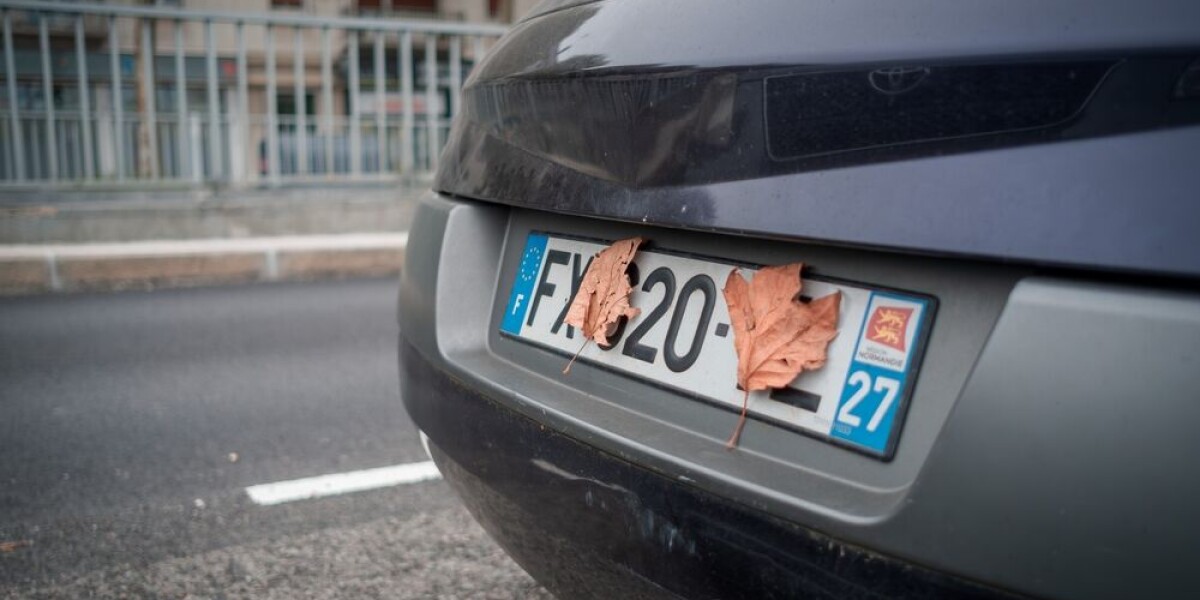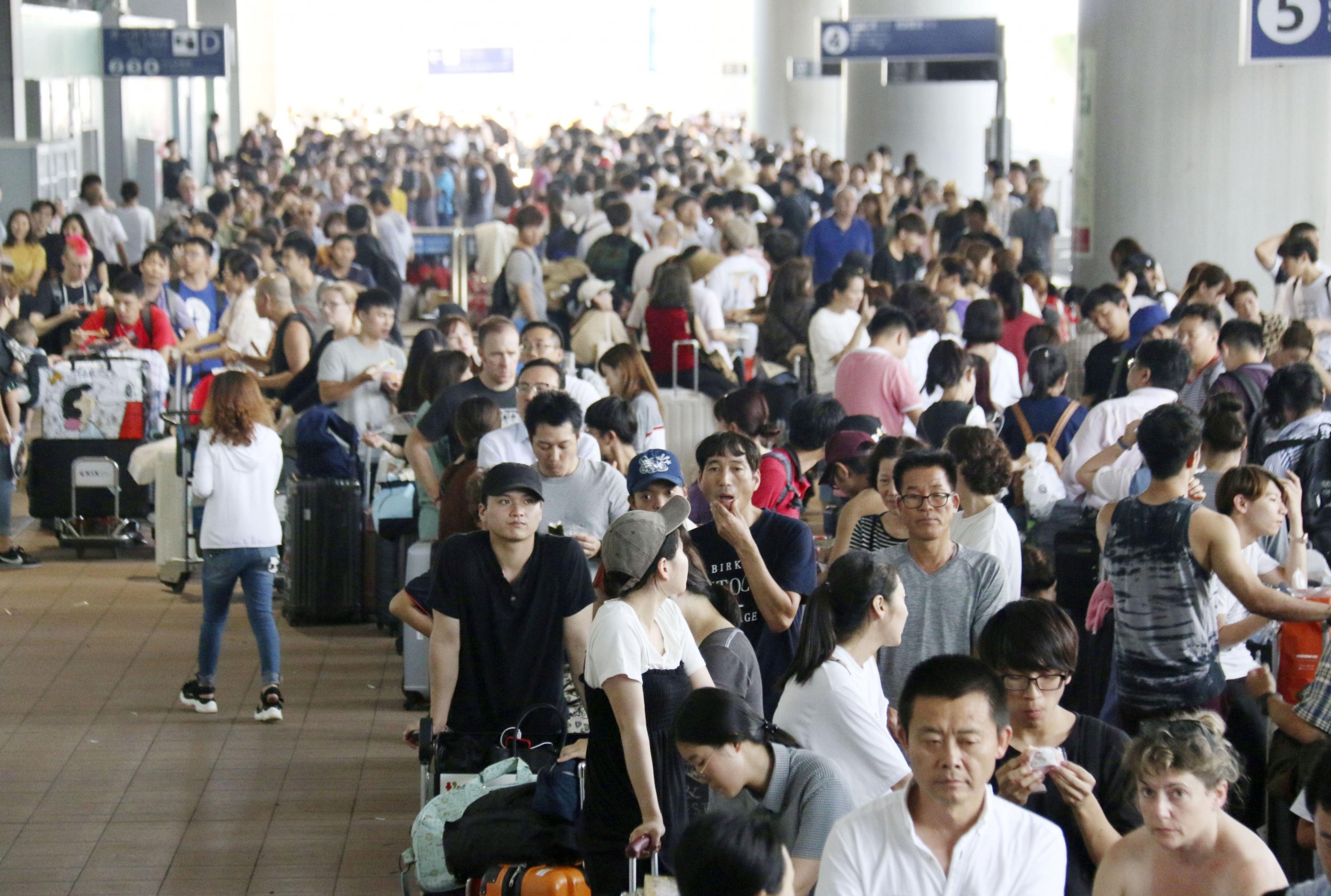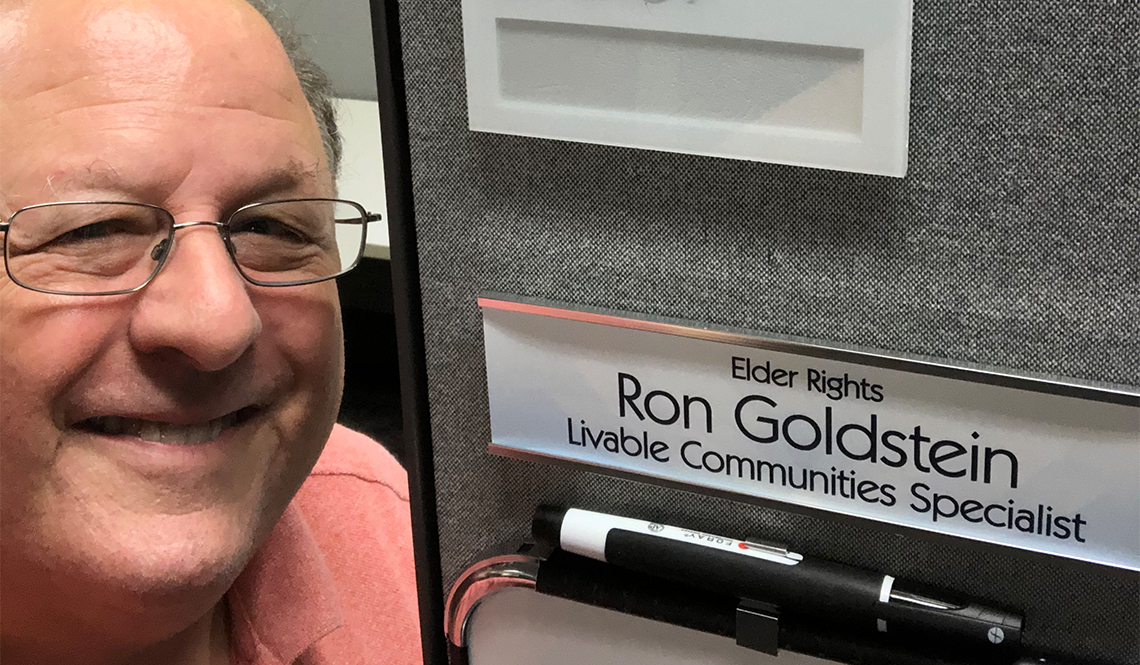
- Select a language for the TTS:
- UK English Female
- UK English Male
- US English Female
- US English Male
- Australian Female
- Australian Male
- Language selected: (auto detect) - EN
Play all audios:
NEW RADARS ARE EQUIPPED WITH NUMBER PLATE READING TECHNOLOGY Radars and speed cameras can check for several offences in France, including whether a vehicle has current insurance. Radars are
not limited to checking the speed of a vehicle – although millions of fines are issued annually for this purpose. Depending on the sophistication of the equipment, they can also be used to
check for other infractions. These include talking on the phone, not wearing a seatbelt, and driving too close to another vehicle. Radars – both fixed and mobile – can also check a
vehicle’s insurance status. HOW CAN RADARS CHECK INSURANCE DETAILS? Certain radars are fixed with number-plate reading technology, which is then used to check if the vehicle has insurance.
This does not apply to all radars but to modernised and upgraded radars equipped with license plate recognition technology known as LAPI. This is also used in major cities to check if cars
are parked too long in one area, etc. Insurance information has been kept on the Fichier des Véhicules Assurances (FVA) database, replacing the traditional green insurance vignettes, since
April 2024. Police officers can access the data remotely. Read more: How to check that your car is listed in France’s new digital insurance database These AI-powered radars can scan a
number plate and run it against the system to see if the vehicle has valid insurance. If a radar determines a vehicle is not covered the information is relayed to police officers who
conduct a manual check of the system. Those caught driving a vehicle without insurance face a penalty of up to €3,750, with an additional fine of €500. Repeat offenders risk fines of up to
€7,500 and the possible suspension of their driving licence. Up to a million vehicles in France do not have valid insurance according to Frnech media outlet Capital, putting both themselves
and insured drivers at risk in the case of an accident.







